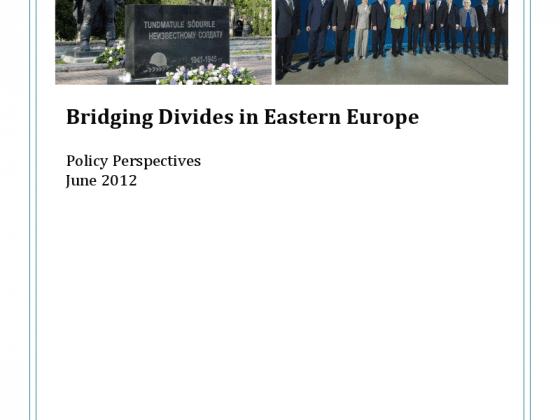In the immediate aftermath of the breakup of the Soviet Union in 1991, Soviet ideas and interests had been thoroughly discredited, and Russia's domestic political, economic, and social system had only begun its fundamental and painful transformation. As a result, the Westernizing policy of a narrow group of liberal elites was quickly and early challenged by national patriots and derzhavniki (a term derived from derzhava, which literally translates as "power" but evokes "great power") who advocated an assertive policy toward Russia's "near abroad" (the newly independent states of the Soviet Union) and did not shy from confrontation with the West. While attention focused on these colorful and extreme articulations of a Russian great power perspective, a more moderate version developed among the political elites who actually make Russian policy. By 1997, a liberal-statist synthesis emerged based upon several clear premises: Russia as a re-conceived great power, a geostrategic understanding of the international system, and an economically self-interested, integrationist, and instrumental understanding of how Russia can profit from a particular international order. This synthesis, rather than the extremist views easily found in the Russian press, should be understood as the basis for Russian national security policy. […]
Memo #:
30
Series:
1
PDF:
PDF URL:
http://www.gwu.edu/~ieresgwu/assets/docs/ponars/pm_0030.pdf
Author [Non-member]:
Celeste A. Wallander









